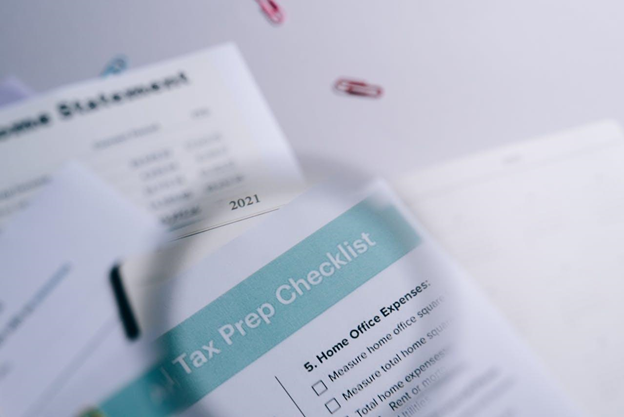
The word “taxes” often conjures a mix of confusion and dread for many individuals and businesses alike. With constantly changing laws, endless paperwork, and technical jargon, it’s easy to feel overwhelmed. But understanding tax laws doesn’t need to be an uphill battle.
With the right tools and mindset, you can approach the subject with clarity and confidence. This blog will walk you through practical tips to better understand tax law and take charge of your money.
Grasp the Basics
Tax law may seem like a maze, but at its core, it’s all about how governments collect revenue to fund public services. While the rules may appear intimidating at first glance, you’ll be surprised how much clarity you can gain by learning the basics.
For instance, knowing the difference between income tax, corporate tax, and sales tax can help you understand where your money goes and why. Start with the foundational terminology.
Words like deductions, exemptions, brackets, and credits may sound complicated, but their meanings are surprisingly straightforward. For example, a “deduction” reduces taxable income, while a “credit” reduces the actual taxes owed.
Stay Updated
Tax laws are anything but static. They are subject to frequent changes, driven by legislative updates, economic conditions, and policy shifts. That’s why relying on outdated knowledge can easily steer you wrong.
Make it a habit to keep up with the latest updates. Resources like the IRS website, financial news outlets, and updates from your local tax office can help you stay informed.
Invest in Tax Preparer Training Courses
Knowledge is power, particularly when dealing with something as detailed as tax law. If you’re frequently dealing with taxes it might be worth exploring tax preparer training courses.
These courses are designed to cover essential topics like filing requirements, regulations, and common deductions in an accessible format. Some even offer certifications, allowing you to build your expertise and even assist others.
Training courses also offer the confidence of knowing you can approach tax filings equipped with practical knowledge.
Organize Your Records
One of the simplest and most effective ways to reduce confusion about taxes is staying organized. After all, it’s hard to make sense of tax laws when your financial records are a mess. Tax preparation gets significantly easier when your documents are well-organized.
Store receipts, income statements, and expense records in a structured way throughout the year. This could be as simple as using folders categorized by months or expense types. Today, there are plenty of apps and software tools that make record-keeping easy and efficient.
Plan Ahead
When it comes to taxes, one of the most powerful tools you have is planning. Proactive planning includes estimating your taxes well in advance, identifying areas for deductions, and forecasting any major financial changes.
For instance, are you planning a large business investment in the coming year? Understanding its tax implications ahead of time can result in significant savings. Similarly, always look ahead for major deadlines. Missing key dates can lead to penalties, while filing ahead of time avoids the last-minute rush.



